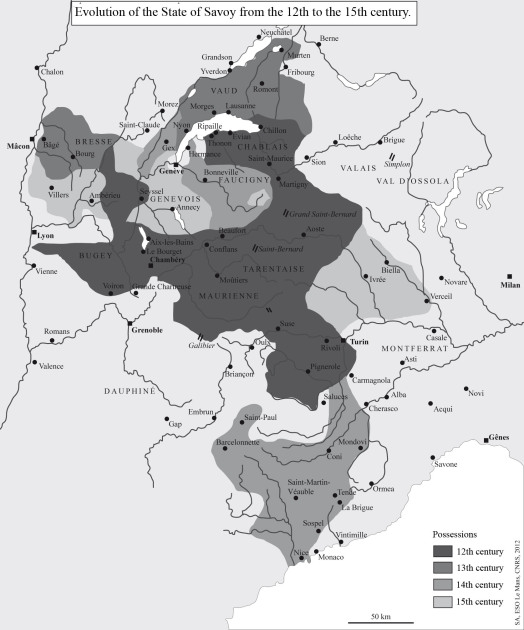Introduction
On 21 May 1536, the assembly of citizens of the city of Geneva accepted to adopt the Protestant Reformation[1] , thus concluding a process of political and religious independence begun at the beginning of the 16th century. Since 1517 the new reformed thinking inspired by Luther[2] had spread throughout the Holy Roman Empire and gradually gained ground in the rest of Europe. Under the influence of diverse preachers, Lutheran principles mutated and gave birth to a range of theological currents. In Geneva, the ideas of William Farel[3] and John Calvin[4] would prevail and bear on new religious practices. For the Genevans, the confessional change confirmed the rupture with the Roman Catholic Church and concurred with the end of the city's political dependence on its prince-bishop[5] and the Duchy of Savoy. Although attacks from Savoy aimed at recovering and controlling the Genevan territory were kept up throughout the 16th century, Geneva enjoyed unbroken independence from 1536 onwards. Though the confessional and political emancipation processes seem unrelated, their simultaneity is no mere coincidence and their impact on the institutional framework can be measured when bringing out the ruptures and continuities in legal and political practices.







